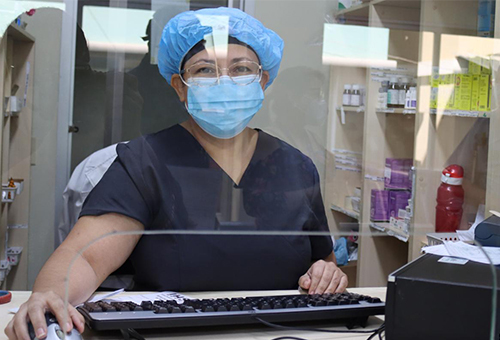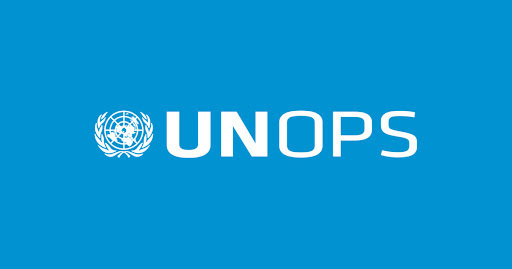The United Nations Office for Project Services (UNOPS)
UNOPS hosted an official side-event at the High-level Political Forum on Sustainable Development
How do we help countries recover from this pandemic stronger, to put the world back on track to achieving the Sustainable Development Goals?
A diverse panel discussed these questions at the session that explored post-COVID-19 recovery and the strengthening of health systems.
Early in the discussion, UNOPS Executive Director Grete Faremo highlighted the pressures caused by the COVID-19 pandemic, noting: “We saw the challenges to simply get personal protective equipment. Where were the vendors, the agreements, that would allow governments early access to life-saving equipment? The learnings of supply chain systems were harsh and this needs to be improved.”
Around the world, the COVID-19 pandemic has led to a sharp increase in demand for medical supplies and equipment, as well as for health-related services. In doing so, it has exposed global inequalities and deep-rooted challenges to health systems. And it has slowed broader progress towards the Sustainable Development Goals, leaving women and girls especially vulnerable.
Ms. Faremo emphasized how critical it is to bring together governments, the United Nations, the private sector and other key stakeholders. With a unified approach, these actors can address the intersecting issues exposed by the COVID-19 response – such as health, gender equality, economic recovery, access to essential services and mobility.
Now, more than ever, it is important to recognize the challenges we face are interconnected.
The battle against infectious diseases should not be thought of purely as the battle against any one particular virus. It’s a commitment to leave no one behind and to ensure safe and fair access to health services and tools for everyone.
“Achieving this will require sustained and determined leadership and intensive collaboration between all actors. And it will take sustained funding. We need to unite to fight. No one is safe until everyone is safe,” said the Executive Director of the Global Fund to Fight AIDS, Tuberculosis and Malaria Peter Sands.
Panellists also noted that 2020 was a time of resilience and coming together to find shared solutions. The pandemic has highlighted the need to develop stronger platforms for collaboration – and to consider the sustainability of goods and services procured – to ensure these also contribute to long-term social and economic development.
“Without the holistic support for healthcare, the next health crisis will be even more devastating. Let’s keep the momentum built with the pandemic response for decisive action, and let us face these challenges together as a global community with global responsibilities,” said the Vice-President of the European Investment Bank Thomas Östros.
Looking forward, the panel emphasized that far from being a one-time health emergency, COVID-19 has highlighted the need to develop robust health services that account for the needs of the world’s most vulnerable people, both now and in the future.
“Don’t wait until the next pandemic to fix our health systems,” said Ms. Faremo.











